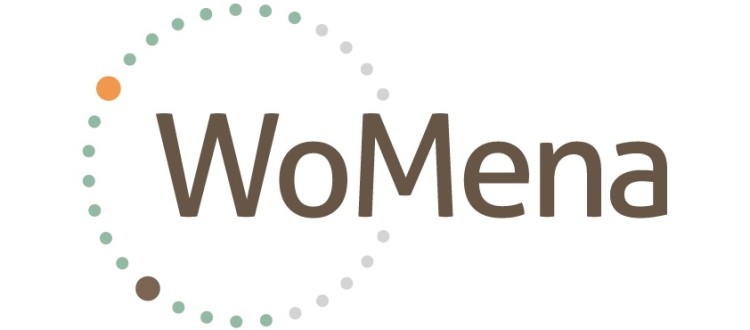Global Research Update #45
Sasha Abdallah Fahme,L’Emira Lama El Ayoubi,Jocelyn DeJong & Maia Sieverding. PLOS Global Public Health. 2023.
A cross-sectional survey was done among a sample of 418 in-school or out-of-school Syrian refugee girls, aged between 11-17, in Beqaa, Lebanon, to assess their knowledge on the matter of sexual and reproductive health (SRH) including menstruation and the association of schooling versus mother-daughter communication on SRH with knowledge gain among the girls. The findings show that girls in this study had low knowledge of SRH, many of these girls did not receive information on puberty, whether, from their mothers or school, only 26.5% of girls learned about menstruation in school, older age was associated with SRH knowledge, and schooling was more associated with SRH knowledge gain than mother-daughter communication. The study suggests administrating age-appropriate SRH education based on age rather than grade, given age-for-grade heterogeneity in school in this population, and including mothers of both in-school and out-of-school girls in the SRH educational interventions by equipping them with both correct information and improving mother-daughter communication. As literacy status is associated with SRH outcomes, incorporating programs aiming at improving literacy and numeracy skills in SRH programs for out-of-school Syrian refugee girls is recommended as dropout rates increase considerably at the age of 15 in this population.
Patricia Pérez-Curiel, Eva Vicente, M. Lucía Morán, Laura E. Gómez. International Journal of Environmental Research and Public Health. 2023.
A systematic review was conducted to understand the current status of persons with intellectual disabilities concerning their rights to home and family and sexual and reproductive health (SRH), related to Articles 23 and 25 of the Convention on the Rights of Persons with Disabilities. The results of the review show that persons with intellectual disabilities still face many barriers to fulfilling their rights across the life spectrum, and communication barriers, deficit information, negative attitudes, and lack of knowledge and awareness on SRH among healthcare professionals were also identified as the main issues in literature. Access to SRH resources is often neglected and stigmatized for women with intellectual disabilities; they are often excluded from decisions and their abilities are underestimated particularly for decisions about contraception and family planning, for example, they take contraception to manage menstruation. Concerning menstrual care for persons with intellectual disabilities, carers rarely have the proper information and have received inadequate social and technical support on this matter resulting in carers feeling overwhelmed and isolated in the provision of menstrual support and care. The review shows that persons with intellectual disabilities are been left out of sexual education resulting in having limited SRH-related knowledge compared with persons without disabilities.

